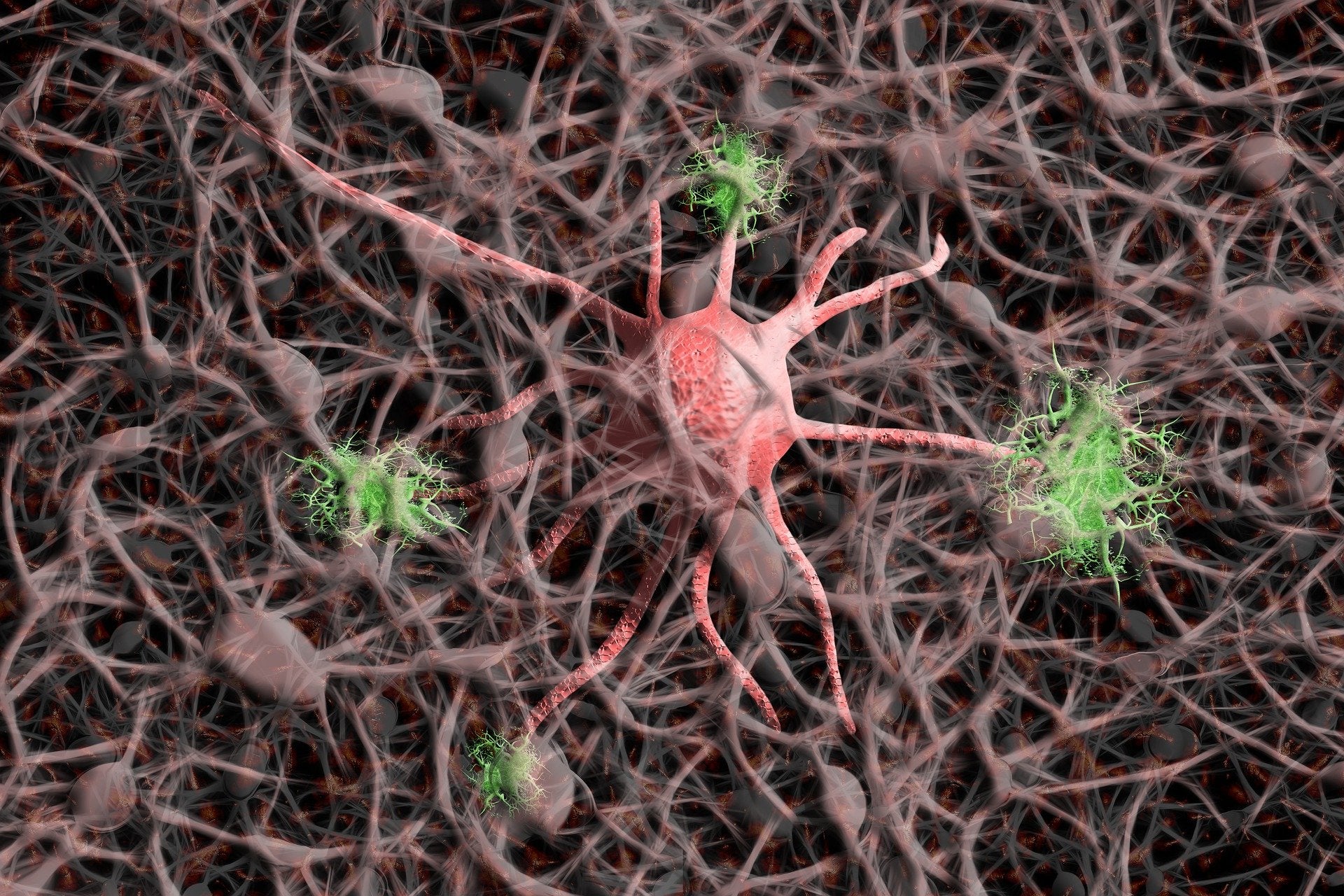
GlaxoSmithKline (GSK) and Alector have entered a strategic global alliance to develop and market two monoclonal antibodies, AL001 and AL101, for various neurodegenerative diseases.
AL001 and AL101, currently in the clinical development stage, are created to boost progranulin (PGRN) levels by hindering the sortilin receptor, which causes progranulin degradation.

Discover B2B Marketing That Performs
Combine business intelligence and editorial excellence to reach engaged professionals across 36 leading media platforms.
PGRN is a vital regulator of the immune response, lysosomal function and neuronal survival in the brain and its reduced levels are genetically associated with several neurodegenerative disorders.
As per the deal, Alector will get upfront payments of $700m from GSK.
Alector is also eligible to get up to $1.5bn as potential payments for meeting clinical development, regulatory and market launch-related milestones.
The international clinical development of the two antibodies through Phase II proof-of-concept trials will be overseen by Alector.

US Tariffs are shifting - will you react or anticipate?
Don’t let policy changes catch you off guard. Stay proactive with real-time data and expert analysis.
By GlobalDataLater, the development works for all late-stage trials of AL001 and AL101 and complete global development expenses will be shared between Alector and GSK.
The companies will together oversee the marketing of the products in the US and will split profits and losses.
Alector will spearhead marketing efforts linked to AL001 in orphan indications while GSK will solely be responsible for the marketing of this antibody in Alzheimer’s and Parkinson’s disease indications.
Furthermore, GSK will handle AL001 and AL101’s marketing outside the US while Alector will be eligible to receive tiered royalties from sales.
At present, AL001 is being studied in a Phase III clinical trial in individuals who are at the risk for or have frontotemporal dementia owing to a progranulin gene mutation. Enrolment in this trial is progressing.
In addition, AL001 is also being assessed in a Phase II study in symptomatic FTD patients with a C9orf72 gene mutation and another Phase II trial in amyotrophic lateral sclerosis patients is set to commence in the second half of this year.
AL101 is undergoing a Phase Ia study in healthy subjects and Alector plans to progress it to trials for Parkinson’s and Alzheimer’s treatment.
GSK R&D president and chief scientific officer Dr Hal Barron said: “Working with Alector’s world-class scientists will allow us to investigate the potential of these immuno-neurology therapies to help patients with frontotemporal dementia, a devastating disease without any currently approved treatments, as well as explore the ability to help patients with other neurodegenerative diseases such as ALS, Parkinson’s and Alzheimer’s.”
Last month, GSK and iTeos Therapeutics signed an agreement to jointly develop and market a monoclonal antibody, EOS-448, as a potential cancer treatment.



